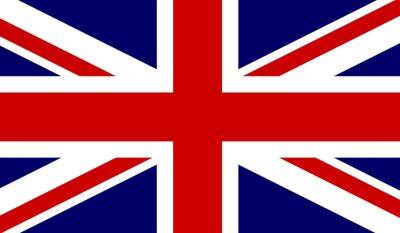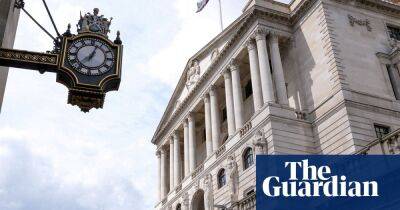What does the pound’s slump mean for the UK and its consumers?
The pound has hit a record low against the dollar after the sweeping tax cuts announced by the chancellor on Friday. Here we explain why sterling is falling so steeply, and what it means for households and businesses.
When the pound suddenly begins to lose value against rival currencies in a steep decline. A sudden and sharp drop in the pound creates uncertainty, throwing the plans of UK businesses that import and export goods into disarray. They expected to pay a specific sum for imports and get a certain price for goods and services they sell abroad. All that changes when the currency falls. If the pound is worth less, the cost of importing goods from overseas goes up.
A weaker pound means the cost of goods and services that are imported to the UK are more expensive. That means price rices for UK consumers who buy foreign goods, and it means your money won’t go as far if you travel, in this case to countries that use the US dollar.
Oil is one of the key goods Britain imports and it is priced on international commodity markets in dollars. A weak pound will make filling up your car with diesel or petrol more expensive. Gas is also priced in dollars.
The UK also imports more than 50% of its food, so the cost of everything from courgettes to bananas goes up. There will also be pressure on companies that sell electrical goods such as iPhones to increase the retail price. The headline rate of consumer price inflation, which recently dipped slightly to 9.9%, would start to go back up again.
International investors appear to have been panicked by the UK government’s decision to make sweeping tax cuts, which are to be paid for by higher government borrowing. Households are expected to spend the extra money they have as a result of
Read more on theguardian.com


















